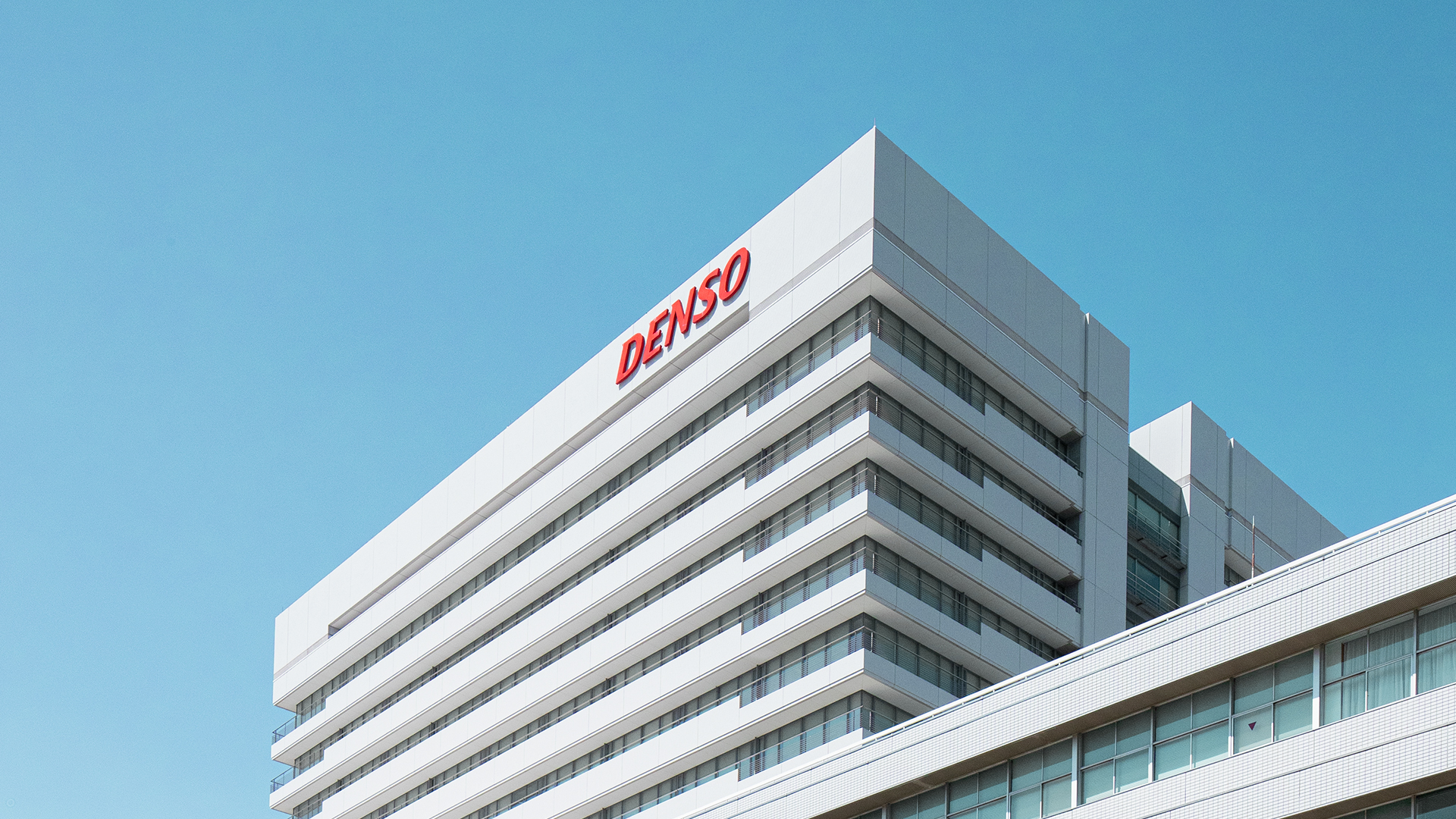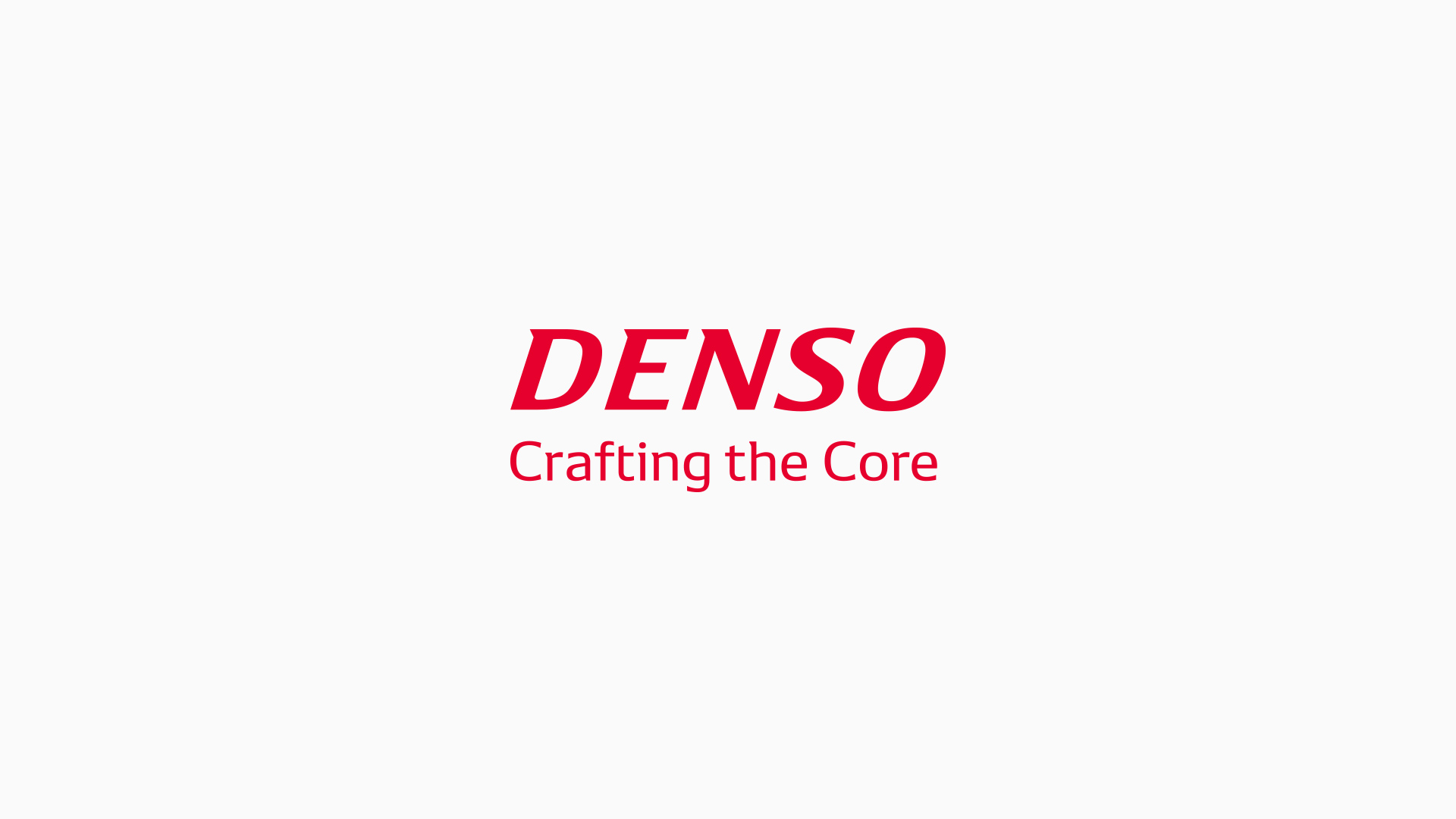Stakeholder Dialogue Fiscal 2012
Date: January 10, 2012
Place: DENSO Head Office (Aichi)
Dialogue themes
(1) Social responsibility that DENSO should fulfill in achieving business growth
(2) Globalization and diversification of human resources
Participants
George Olcott (Project Professor, Research Center for Advanced Science and Technology)
Masatoshi Kitahara (Professor, Hosei Graduate School of Regional Policy Design)
Toshihiko Fujii (Consulting Fellow, Research Institute of Economy, Trade and Industry, IAA)
Masao Seki (Associate Director & Chief CSR Officer, Sompo Japan Insurance Inc.)
Facilitator
Hideto Kawakita (CEO, IIHOE: International Institute for Human, Organization and the Earth)
DENSO
Directors and staff members of the Purchasing Planning Div., Business Units (Planning Divs.), New Business Promotion Dept., Global Business Planning Div., Safety & Environment Promotion Div., Human Resources Div., General Admin. Div., and Corporate Planning Div.
Main opinions and proposals from experts
Theme (1) Social responsibility that DENSO should fulfill in achieving business growth
● By 2050, the global population will reach nine billion, with the urban population accounting for 70%. Many international conferences are talking about creating low-carbon cities as one of the important issues, and companies should present possible solutions. DENSO should actively participate in these conferences, and lead the world as a Japanese company that has strong engineering and overall capabilities. In promoting CSR, the top priority in developed countries is the environment, while that in developing countries is poverty. With ISO 26000 established as the global standard, companies should actively work to overcome both environmental issues and poverty.
● Using baseball metaphors, Japanese companies are like “pitchers” (active), focusing solely on CSR issues set by themselves and showcasing their commitment to establish an image as reputable companies. European and American companies are like “batters” (passive) that consider extensive social issues and handle both “straight balls” and “breaking balls.” It is difficult to forecast social issues in 2020, but Japanese companies should actively shift to the passive type. To accurately identify social issues, companies need to closely collaborate with stakeholders outside the industry, such as NPOs and international organizations, and abandon the self-contained, self-initiated approach. This requires globalization of the organization, particularly in human resources. It is essential to closely monitor and understand the social characteristics in respective countries and regions.
● Let me give a symbolic example. The CSR report of a European automotive components manufacturer analyzes the broad-brush trends of society in the future, and presents efforts to address broader issues. The report is prepared by both the head office and group companies, and features far more employees in the host countries than those in the home country. In promoting CSR, companies should observe the changes in society and disclose information about how to cope with the changes, instead of setting their own themes.
● The key phrase for DENSO’s long-term growth is the “post-automobile business.” One of the approaches is the creation of a comfortable living environment in the aging society. It is essential to improve the corporate value and image, regardless of what businesses DENSO intends to develop. DENSO should learn from consumer goods manufacturers about how to increase the profile, formulate the marketing strategy, create the organizational structure, etc. DENSO should not hesitate to enter new fields based on projects, without fear of making mistakes.
● When setting the goal by 2020, DENSO should remember that growth cannot be attained by the conventional approach. This is obvious from the comparison between economic indicators for emerging countries and those for Japan (IMF forecast). A survey about ISO 26000 found that priority issues in Japan are pollution prevention and consumer protection, while those in Europe and the U.S. are human rights and labor practices. As a global company, DENSO should understand this perception gap and reflect it in its business operations and CSR measures. It is imperative to actively communicate with external stakeholders in order to rediscover the advantages of the self-initiated approach in Japan.
Theme (2) Globalization and diversification of human resources
● While excellent overseas companies hire people from around the world, Japanese companies tend to hire Japanese people. Overseas companies are characterized by well-established governance by the head office; Japanese companies allow overseas subsidiaries to take care of personnel matters. To enable excellent personnel to play an active role in the global market, a centralized system should be established based on a well-governed organization and administration. The organization’s vision should be shared, and a common language should be used over the long term. To share the vision, CSR should be instilled into employees. When companies globalize their operations, they must instill their philosophies and values properly in the context of local cultures and languages.
● Comparing middle managers in the same age bracket in terms of overseas experience, Japanese managers have less experience than their European and American counterparts. To achieve global growth, Japanese companies should promote Japanese employees to managerial positions and allow them to gain experience outside Japan in the early stage of their career, rather than hiring foreign managers; they should also actively recruit students who choose to study abroad rather than job hunting in their junior year.
● To achieve continuous growth, DENSO should drastically change its recruitment policy. Success depends on the number of employees who can do what’s required of them alone in the overseas market. The quickest way is to identify highly motivated personnel at an early stage and allow them to gain a lot of experience. In the Great Place to Work index, the key words are confidence, pride, and a sense of unity. DENSO is a strong company, but it should continuously ask itself whether it is a good company.
● Nationality does not matter as long as personnel can propose measures to solve global issues. The question is how to develop such human resources and how to reflect the advantages of Japanese-style management in global management. Like the automotive components industry, the nonlife insurance industry launched into overseas markets to support the growth of Japanese-affiliated companies, and focused on training generalists. It is time to focus on training specialists who are competitive in the global business environment.
● In short, the success of globalization of human resources depends on having personnel who are willing to undertake tasks across organizations. The key is to train next-generation personnel who enjoy communicating with external stakeholders and taking on challenges. To create a new culture, DENSO should ask employees what they wish to do and reflect the feedback in implementing measures. DENSO should take advantage of its strong genchi genbutsu (on-site verification) culture to create more opportunities for dialogue with employees.
A message from the secretariat
This dialogue involved members of CSR-related departments and experts. Many employees (including directors of business units, employees transferred from overseas subsidiaries, female managers, and young employees) also participated as members or auditors to share ideas.
We are currently reviewing the medium- and long-term plans.
The dialogue with external experts served as a significant milestone to share DENSO’s issues as well as long-term risks and opportunities with many employees.
Verification of DENSO’s vision and activities requires dialogues with external stakeholders. To achieve business growth as a truly global, trustworthy company in harmony with society, we will use this important feedback to improve our activities.
CSR Promotion Dept., Corporate Planning Div.














